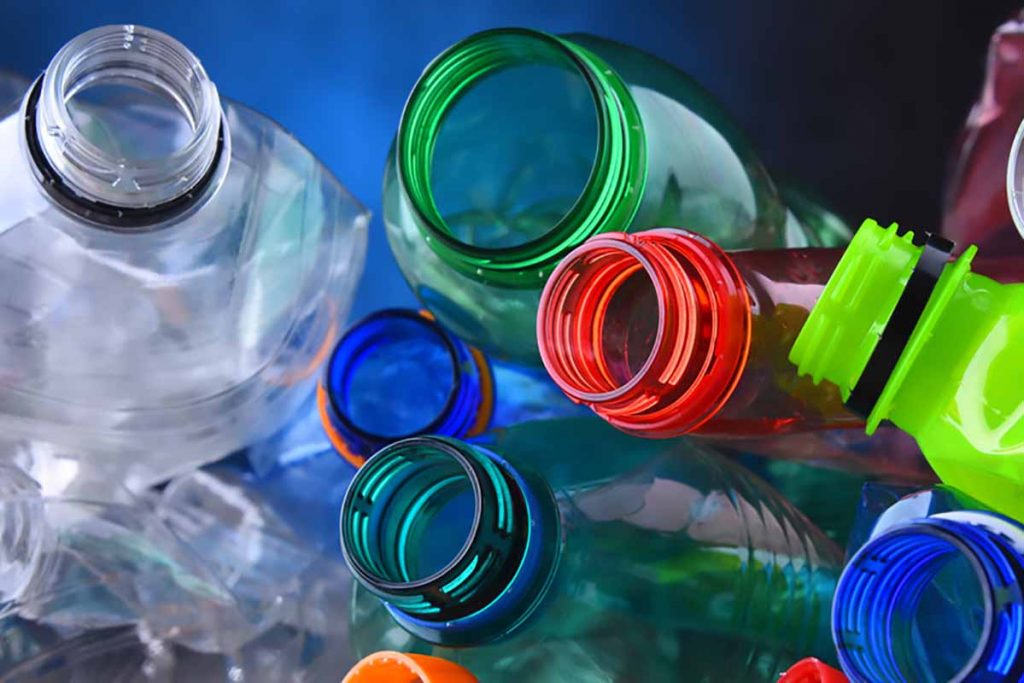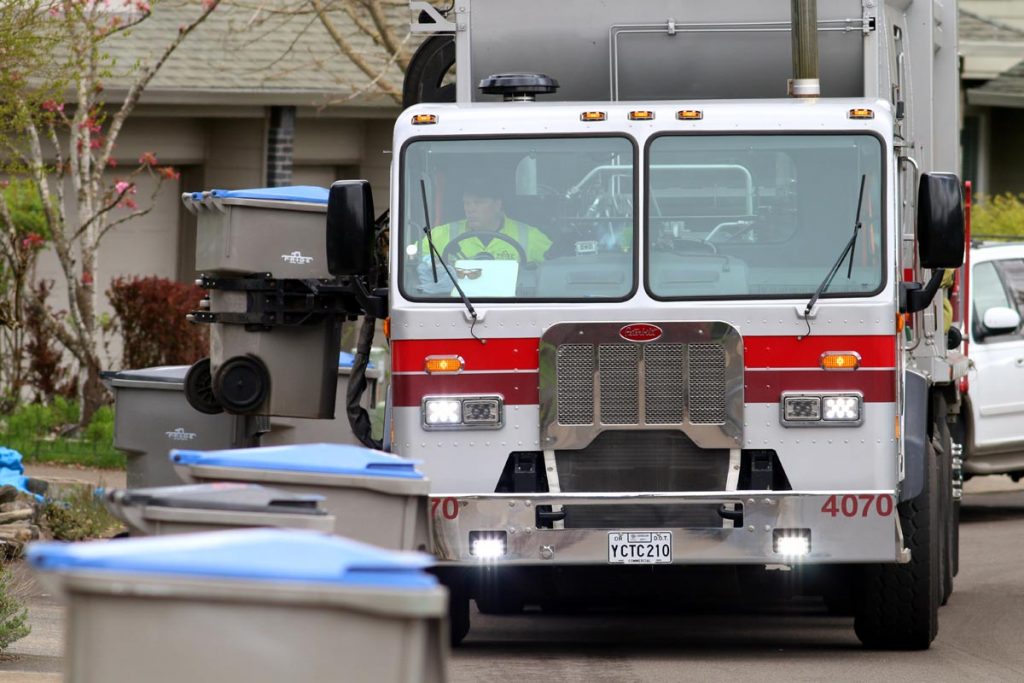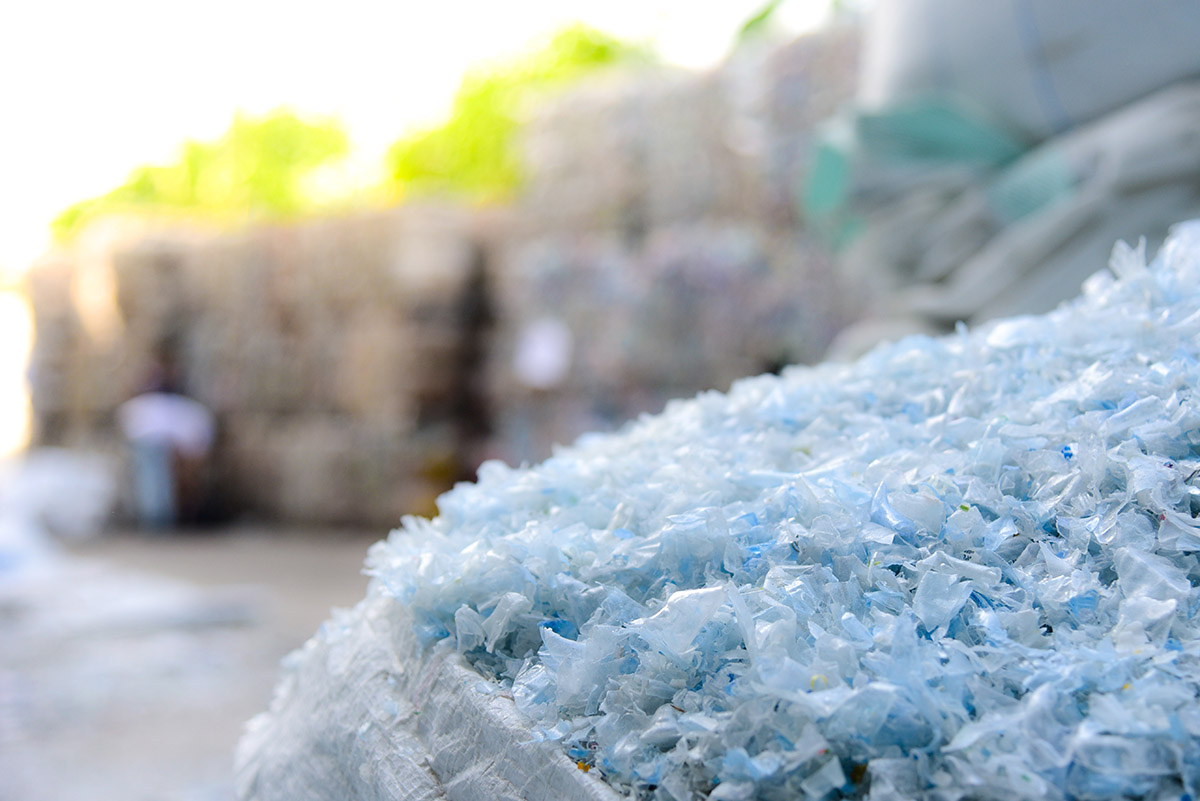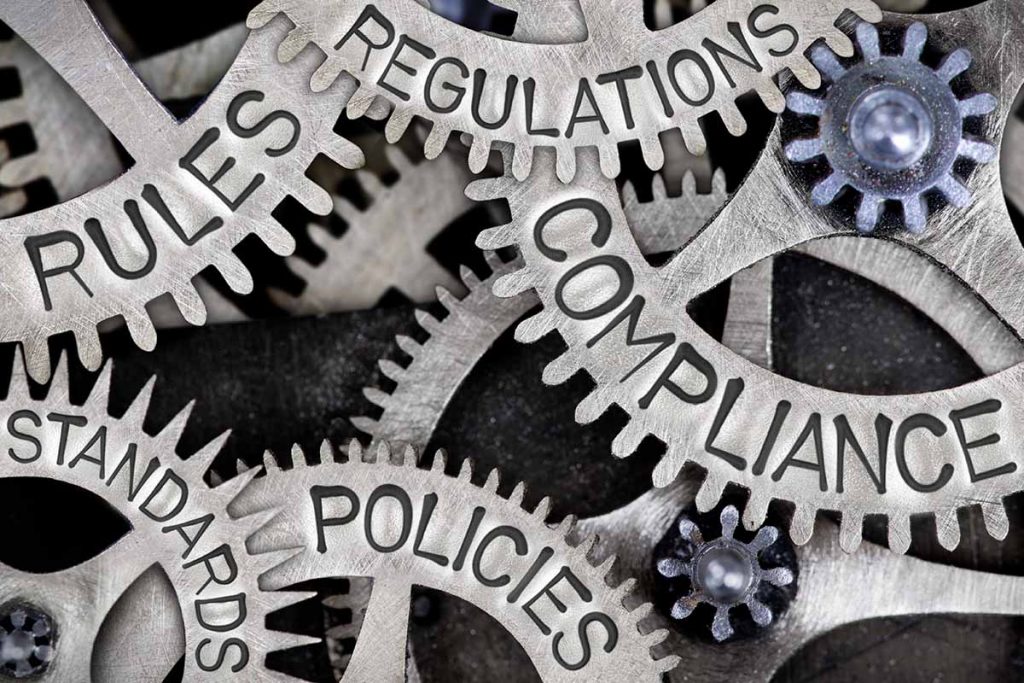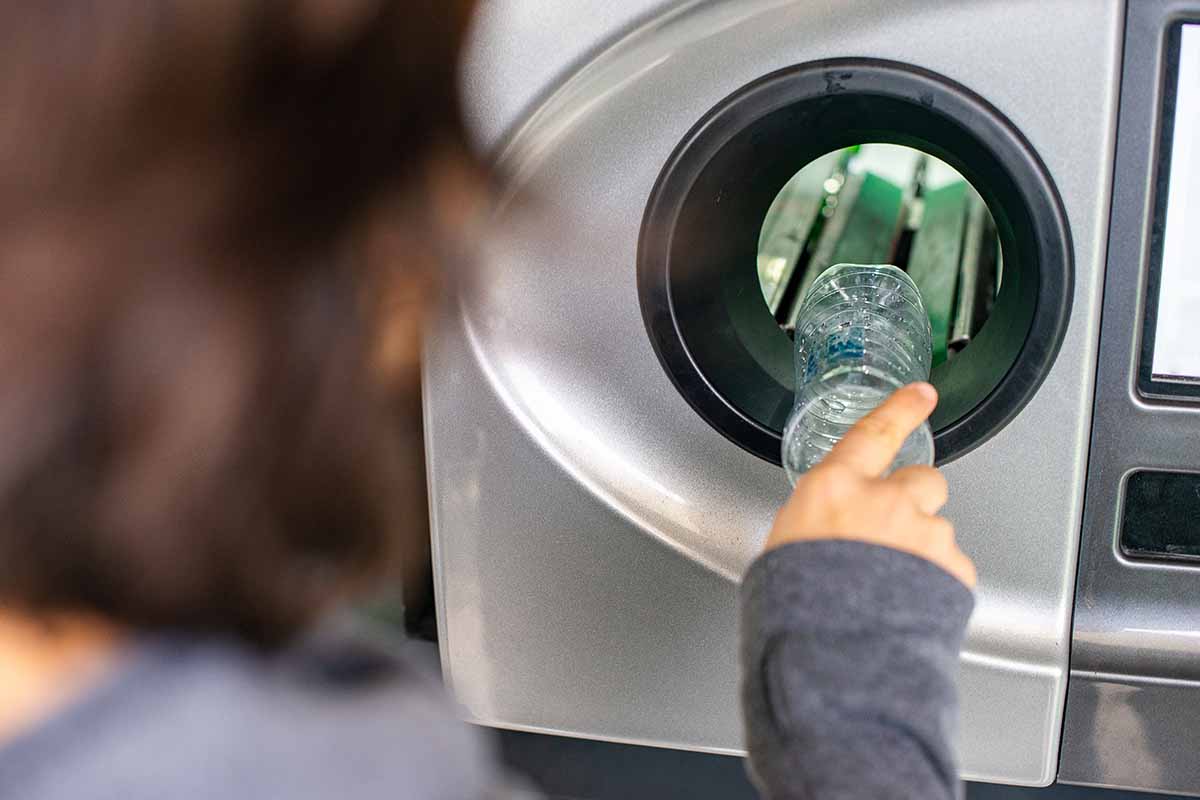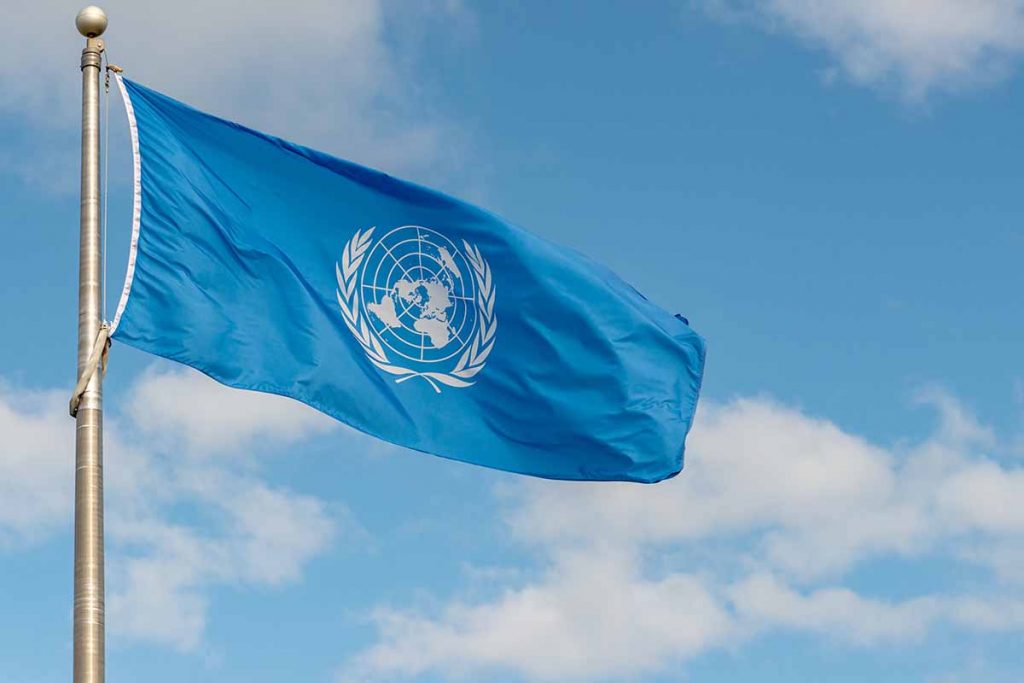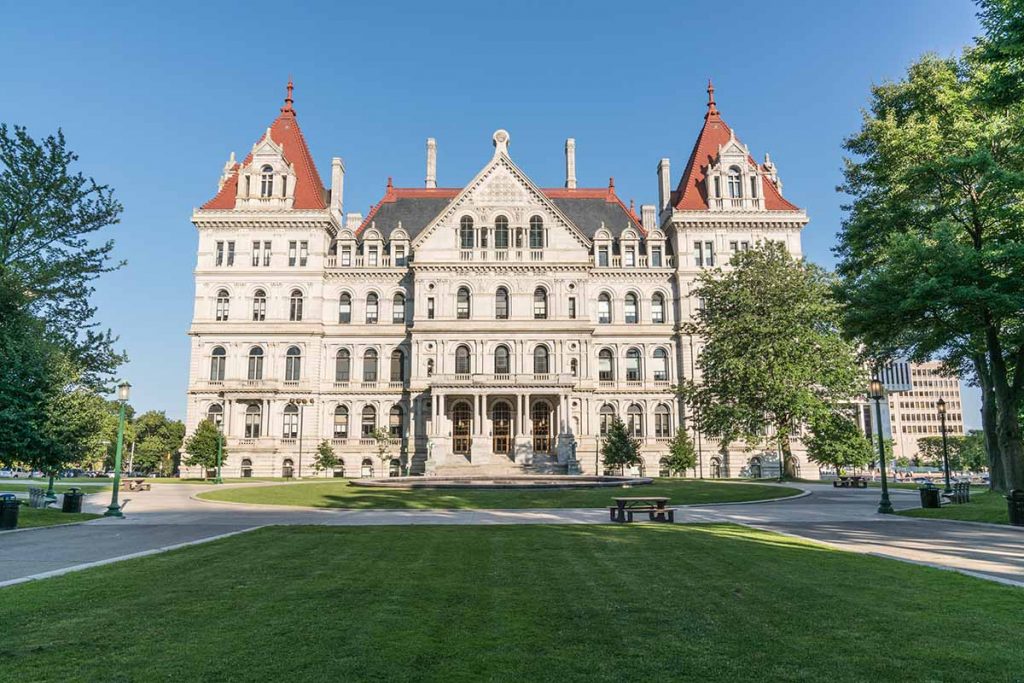
The introduction of the EPR bill came after lawmakers stripped a prior EPR program out of Gov. Kathy Hochul’s executive budget proposal. | Paul Brady Photography/Shutterstock
An extended producer responsibility bill that has the support of environmental activists was recently introduced in New York, while a Colorado EPR bill moved to the Senate floor.


